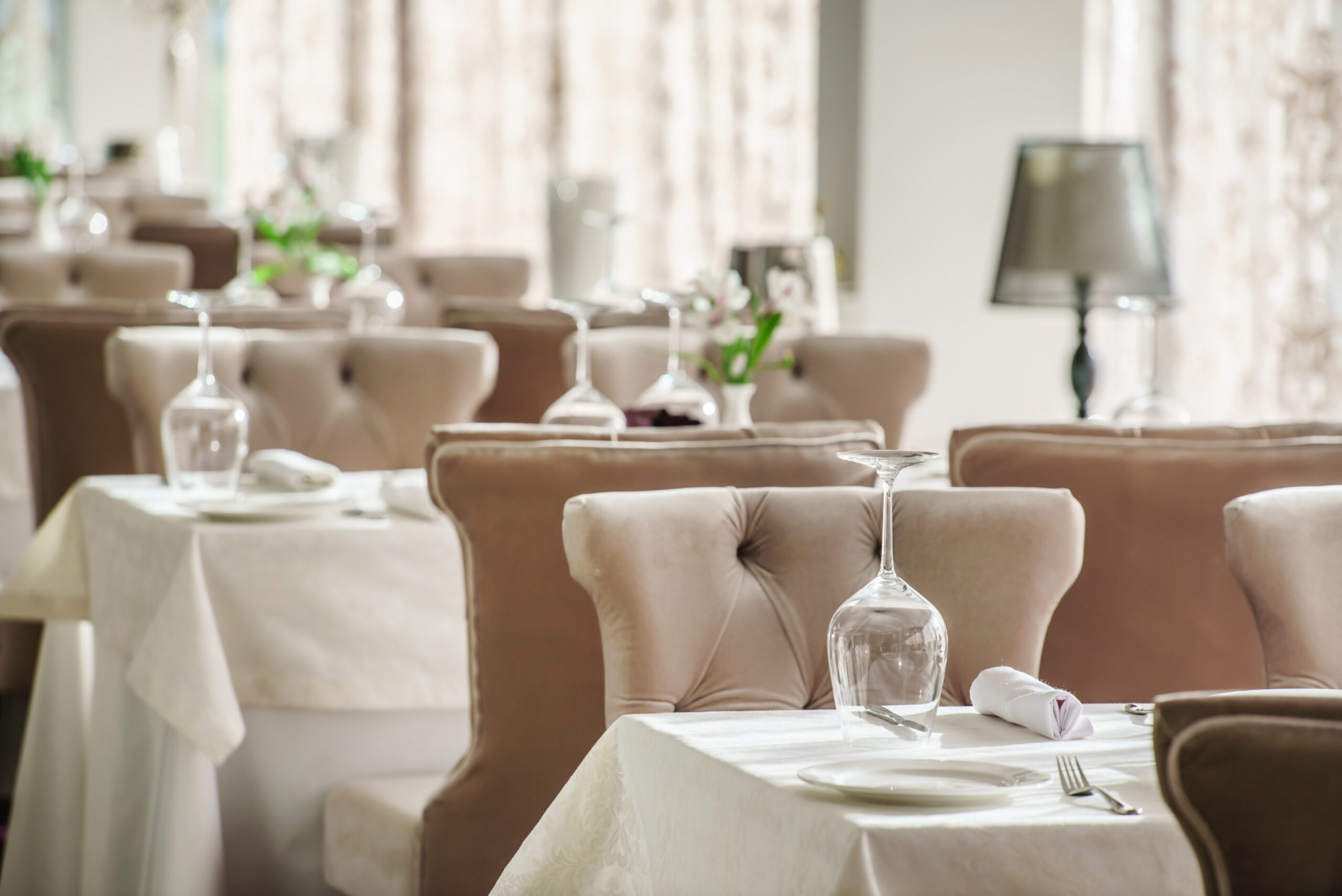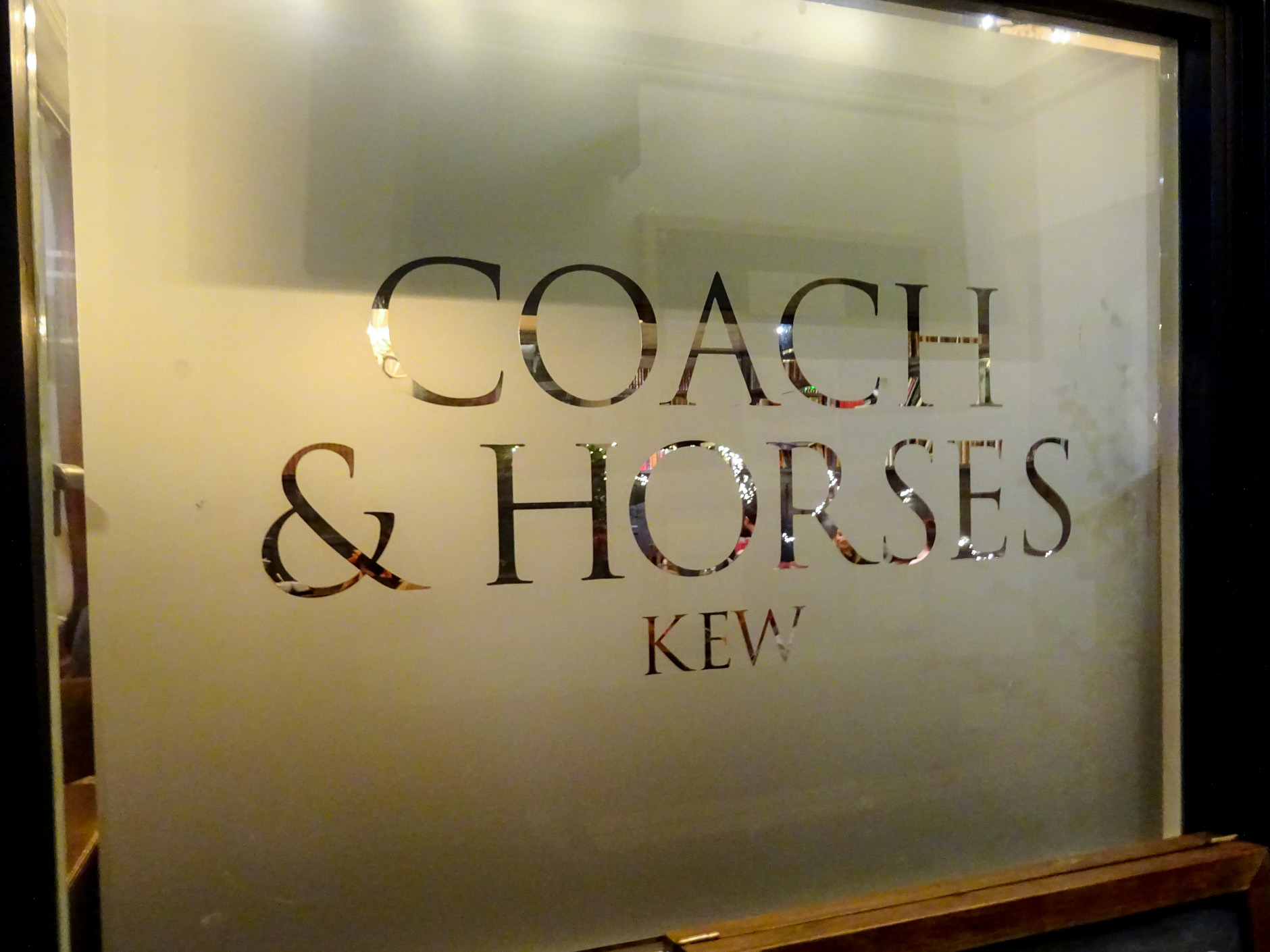Despite Johnson’s calls for Britons to spend and get out there, the conclusion of furlough arrangements and the “Eat Out to Help Out” scheme – the pillars on which the public’s ability to indulge themselves sit – will shortly converge. What will happen after that is unclear. At the risk of misery-peddling, by November a great many people will have lost their jobs. Those lucky enough to keep their jobs will see the redundancies around them and wonder if they are next. As a result, frugality and prudence will surely kick in.
Caution is the mainstay of any Western democracy’s middle class. Yes, there will always be blazer-clad older gents (and their pearl-laden wives or cohorts), rich on landed wealth or banking or property, for whom lunch at The Goring is like grabbing a mere sandwich and is infinitely affordable. But the tiers beneath them – all the way down to the aspiring working class – rarely spend what they don’t have (or what they shortly may not have). If this proposition is true, it must surely be cities’ mid-upper tier restaurants whose fate rests in their/our hands.

To take London, for example: my pre-Covid pleasures featured regular visits to The Game Bird within The Stafford Hotel in St. James. I can think of fewer better experiences. I started with a latch-lifter in the charming American Bar before swishing across to my favourite table in the restaurant. Gino, the convivial sommelier, passed the wine tome and shortly thereafter I became submerged in a fine salmon starter and half bottle of something pleasant. Dropping £200-250 once a month was at best nonchalant and at worst feckless, but always (to me) a price worth paying for a few hours in a delightful environment, with fine food, wine and service. It was also built on a belief that I could afford it and enjoyed relative financial security.
Putting to one side the low appeal of a tube journey into London in the current environment, would I, faced with the prospect of unemployment, keep up this vice? I’m unsure. An anecdote isn’t data, but I wonder how many mid-earning folk living in proximity of big conurbations – London, Manchester, Leeds, etc. – will be feeling likewise as autumn turns to a probable winter of discontent. If there are mass job losses and we all end up delivering parcels for Amazon, a Chinese takeaway will become the new luxury, and even that minor, optional spending will sit beneath a vast list of obligations that must firstly be met.
Looking at the problem as a Russian doll, or a sort of chain reaction, then economic stability in the UK must firstly be achieved. Employment on sound pay for the many must continue. You may interpolate with the fact that pay is woefully poor for the majority people – and I accept that, and rue it. It’s only that, on the terms of this article – looking at the pricier end of the dining scene – restaurants such as Le Gavroche or J Sheekey were probably already out of reach for so many (save for a very special occasion). I’d ideally like to address why they’re out of reach but, to avoid rattling on and losing the thrust of the piece, I have to focus on the principal argument for now.
The prosperity of the tiers of restaurants to which the examples above belong turns on the British middle class sustaining their existing lifestyles. In turn that means maintaining their pay. Linking back to the opening line of this paragraph, only a recovering economy can ensure that corporate employers keep paying good salaries.
The question I then wish to pose is: should the UK spend its way out of the impending doldrums or tax its way out instead? Here are the propositions for each.
Spend and revive
The government is already committed to its white elephant, HS2. This will create lots of manual jobs, probably, and a fair number of roles for architects, engineers, project managers and so on. This doesn’t speak to all non-construction activity and also has me wondering, as a non-economist, how the debt incurred by the immense spending demanded by HS2 helps to raise the UK out of a deficit rather than plunge it yet further in.
Outside of rail, other infrastructure and countryside-destroying projects will likely be needed to create and sustain employment. These measures work on a number of levels, but fail to address how hairdressers, car plant workers, recruitment consultants and retail workers keep their own jobs.
I do broadly subscribe to the Reagan “spend-to-create” model – and it would appear to suit Johnson’s personality – but I have so many misgivings about the good it will do that I could not write them here without your abandonment of the article.

How a lawyer or university lecturer or City analyst goes from being redundant or highly under threat to secure and spending by virtue of some power plant upgrades and a big sewage tunnel eludes me. Bigger brains will understand stimulus and trickle (sounds dodgy) and can always write in. The one part I do follow is that, by freezing employment taxes and favouring alternative revenue generation, those in jobs will enjoy broadly the same income during the recession. My concern is that, amid uncertainty and visible catastrophe, the working and middle classes will cling to parsimony like never before for fear of interest rate hikes or unexpected financial setbacks. Without those people getting out and about, I just don’t see how the hundreds of smart restaurants – a number of them institutions, with their own histories – across UK’s cities can hang on.
Tax and fund
The obvious targets for taxes are the super-wealthy still domiciled here and second/multiple property owners. To me, these are mostly legitimate points at which to raise tax when the Treasury’s deficit is so utterly eye-watering. While I occupy a centre-right political position, I’m among many people who lament that (a) all wealth is seemingly ushered into the accounts of already wealthy investors (and the CEOs who maintain their interests) and (b) persons over the age of 45 own nearly all property in the UK. Many of the latter saw their house values increase dramatically in the 1990s and were able to use capital as leverage for second property ownership. Never underestimate the role of luck.
My fear is that the goal (keep people spending) will be obliterated by corporations’ long-standing practice of maintaining the top salaries and juicy dividends somehow. Is Roger B. Earning, CEO of fictitious company, Ilikemoney Plc, really going to forgo his £300k basic and annual £1.5m bonus so that he can participate in keeping British jobs for British workers? Or is it more likely that Roger will axe the middle management, freeze the pay of the lowest tier of employees (those that remain post-restructure), squeeze the suppliers a little further, move the office to some cheapo location and then outsource three or four key functions to South Africa?
My point is that investors and directors refuse to lose. They will maintain their luxury at all costs. Time after time, as night follows day, the broader, lower tranches of a business’ hierarchy, together with suppliers, bear the brunt of cost-savings. (Now I’m starting to sound like a real leftie – but we all know it’s true.)
The question will be one of whether the restaurant-goers I have in mind in this article are sufficiently senior within their organisations, or keep enough work if they are self-employed/running their own boutique businesses, to be out of the crosshairs. To me, it seems unlikely. See below.
The great outsource may be upon us
At the risk of bringing on suicidal ideation, I can’t escape the thought that any talk of a new work-life balance that rests on being mostly at home is short-term folly. Beware the employer (particularly a large employer) that blithely utters: “sure, sure; you carry on from home. Not a problem”. They more than likely have greater plans. Whatever we think of the uglier side of capitalism, you can’t escape the fact that bright people make organisations successful (cf. Dominic Cummings’ obvious talent but morally questionable application thereof). Bright people also invent the latest ruse; the next money-spinner or cost-saver. Large brains nationwide are conspiring, quietly, while we sleep in longer and enjoy walking our dogs.

In time, a large section of the UK workforce will be lost to outsourcing arrangements that see semi-skilled and skilled professionals replaced by their remote counterparts. Consider: why does a business operating in a remote-working world need to employ a CAD Technician to prepare drawings, and pay her £50k per annum because she lives in Bromley and has always attracted a London-weighted salary, when an individual with comparable skill based in Brazil can conjure and email the drawings needed? Even if the business found the replacement in Teeside, under a more secure and familiar footing (PAYE applies, etc.), they’d immediately be £15k cheaper.
Call me a cynic, but I can’t bring myself to believe that we’re going to live some hippie existence full of great well-being and a proper breakfast every morning when corporations have demonstrated, over and over, that they’ll do anything, usually within the law, that maximises profits.
Where next?
Naturally, I’d like my fellow bon vivants and working professionals to continue to support their favourite restaurants. I’d hate to see south Londoners turn their back on Rick Stein Barnes due to thrift, or north-west Londoners swap a visit to the wonderful Odette’s for the more frugal option of a fortnightly takeaway. At the same time, I know for sure that I am about to become more cautious than ever. I used to be Johnny-good-time; ordering the 2009 Pol Roger at Bob Bob Cite. Now I have a sinking feeling that the macroeconomic problems I read about in the paper will cascade and divide, and divide again, until they are granular and strike my own insignificant existence. Who would want to be in a position to not meet their mortgage, rent or council tax? For most urban spenders, the prospect is usually only two missed pay cheques away.
I’d prefer to be wrong and witness a V-shaped downturn that is short-lived. Inevitably, some restaurants will pack up now or soon. It’s already happening. For the balance to survive, either they need to adjust (can they guarantee quality under a diluted offering?) or the middle class needs spending confidence. The next six months will be key in forming the attitudes of consumers. If interest rates are stable, redundancies not too far and wide, and semi-skilled and skilled graduates kept in the same employment on the same rates of pay, I imagine urbanites will get out to their favourite eateries, bars and pubs. In that same period, I regret that a few of our cherished haunts will also collapse.
My last point – a plea, almost (and somewhat introspective): remember the immense pleasure conferred by wine and food. Withdrawal and abstinence, as if living as a 17th century Catholic, is poor for mental health. Personally, I will seek out balance. I plan to save, and be prudent, but experience some decadence from time to time. If I were to excise completely the two things, outside of my family, that I cherish – fine food and drink – the personal cost of self-denial would outweigh the benefits of piety.
This article was published in September 2020.
Photos licensed by Adobe.






